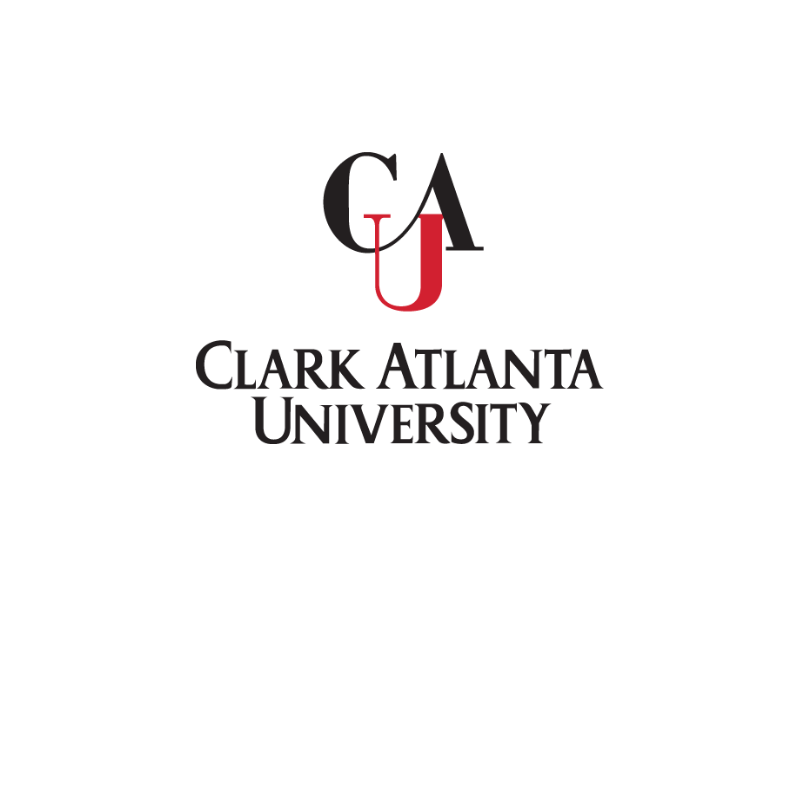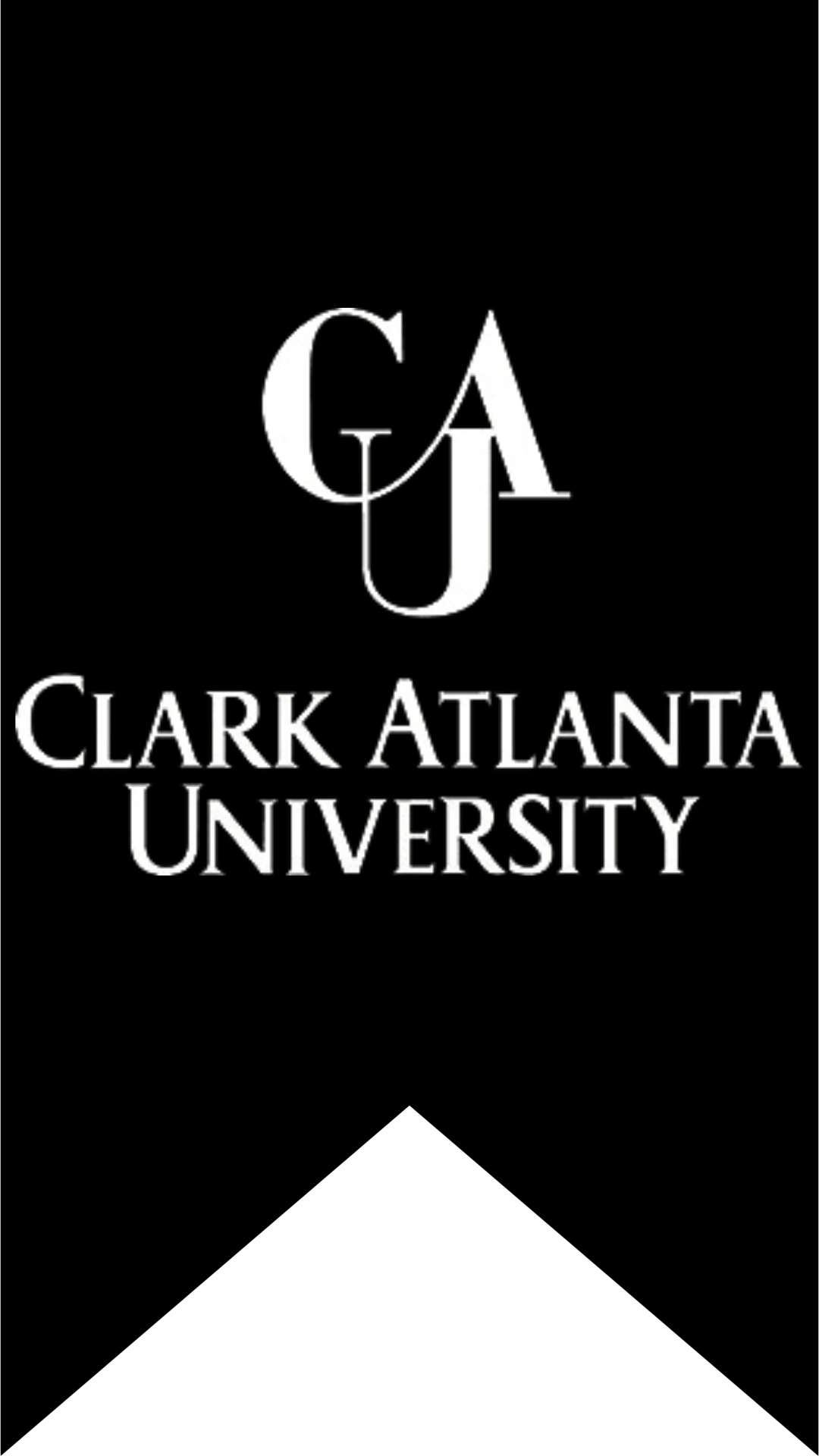About
The Clark Atlanta University Office of Student Financial Aid is committed to assisting students and their family with finding funding sources to help with financing their CAU education.
Whether you are a prospective applicant, returning student, graduate student, or summer school student, the office will provide information about the types of available financial aid, how to apply for aid, how to keep your aid and ways to manage your finances throughout the CAU educational experience.
SCHOOL CODE: 00155900
FINANCIAL AID DEADLINE: FEBRUARY 1ST


